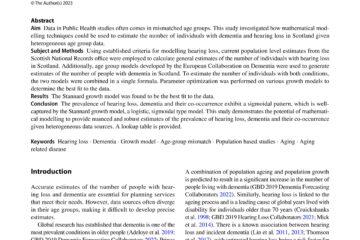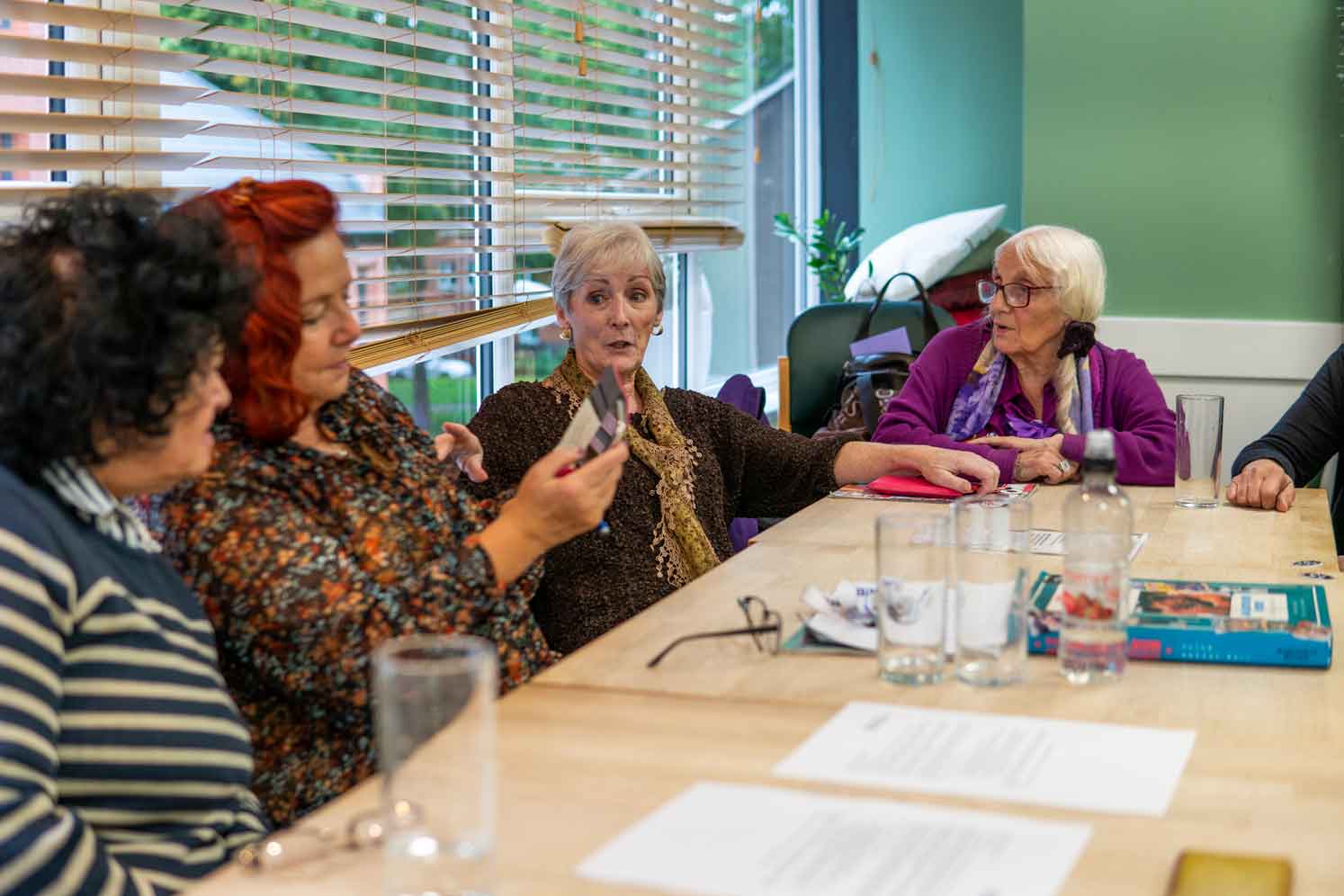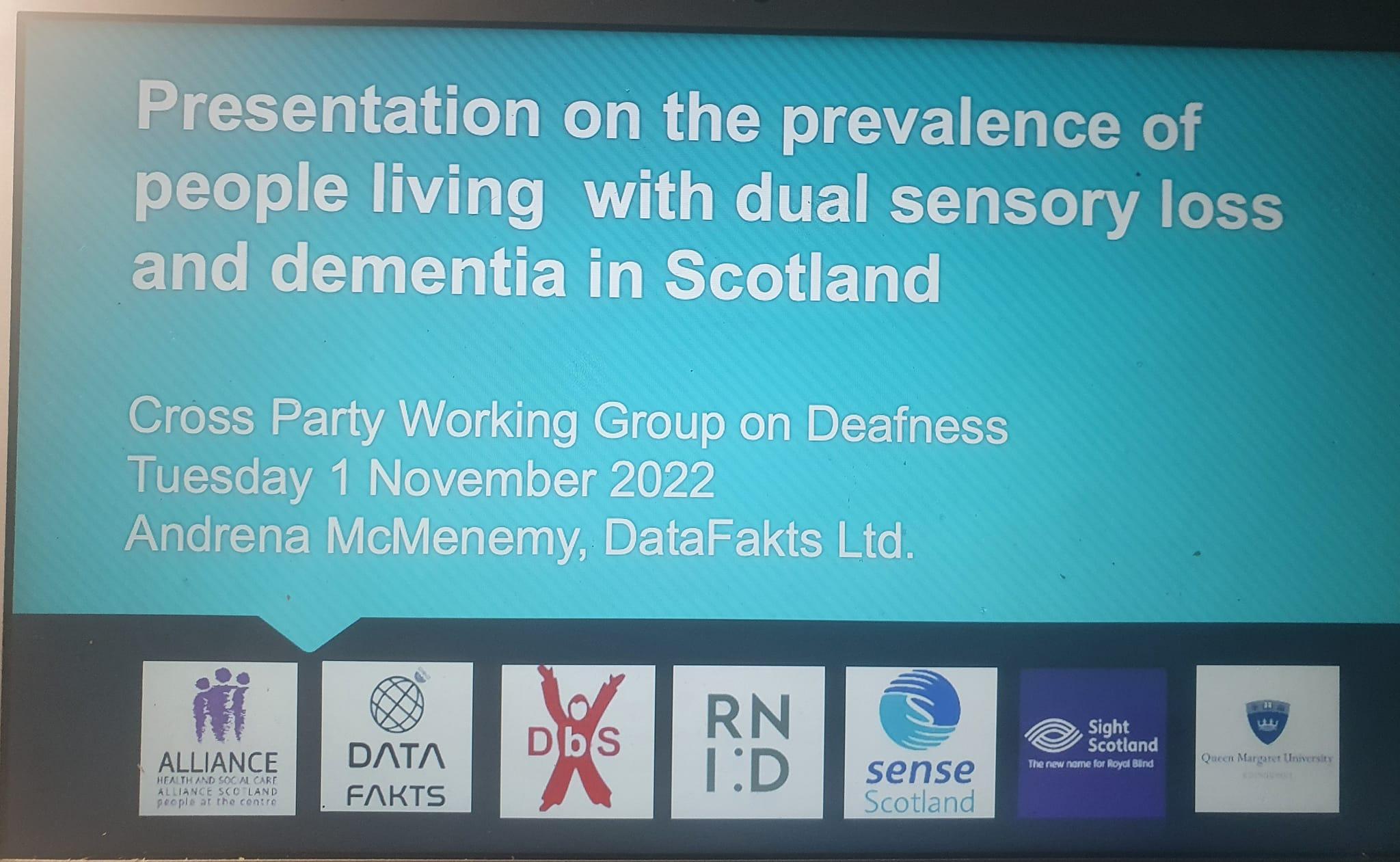Anne Hendry: Communication matters
Professor Anne Hendry comments on our recent report on Deafness and Dementia in Scotland.
Communication matters. Throughout the Covid-19 pandemic, communication has been of critical importance at all levels, from policy to public health messaging and in practice. Now more than ever we must provide clear information and advice and listen carefully to what really matters to people. With the introduction of physical distancing and a rapid shift towards telephone and video consultations, the health and care workforce have had to quickly learn new communication skills and techniques. The wearing of personal protective equipment makes it harder to have good conversations with people who have hearing loss. They miss the usual non-verbal cues and nuances of expression and tone that we use to convey empathy and reassurance. This is an important time to have difficult conversations about what really matters to people but it is tough to do this well in the face of many barriers to effective communication.
We can use this experience to gain valuable insights and seek solutions to communication barriers that a growing number of people in Scotland face every day. A new report by deafscotland, in partnership with Queen Margaret University, reviews evidence for the links between hearing loss, social isolation and cognitive decline. Deafness is recognised as a potentially modifiable risk factor for dementia. The authors estimate the national and local prevalence of dementia and of hearing loss and try to model future rates using National Records of Scotland population projections. Although the methodology is pragmatic and not an exact science, the report serves to highlight the scale of the challenge of both conditions across Scotland, now and as the population will age in the years ahead.
My reflection on reading this report is how poorly prepared we are to identify people who have both deafness and dementia despite the clear interdependencies between two common long term conditions. It is not yet possible to simply and reliably link data held in GP clinical records with data held by audiology services. As we continue to improve the recording of dementia or frailty in GP clinical information systems we must be able to link this information with good quality data on concurrent conditions and sensory impairment in records held by professionals in other parts of the health, care and housing system. Joining these data dots will be critical for understanding population need, commissioning the right care and support, and designing innovative solutions that optimise independence for people living with combined physical, cognitive and sensory impairment.
Anne Hendry
Senior Associate, International Foundation for Integrated Care (IFIC)
Honorary Professor, University of the West of Scotland
Honorary Clinical Associate Professor, University of Glasgow


